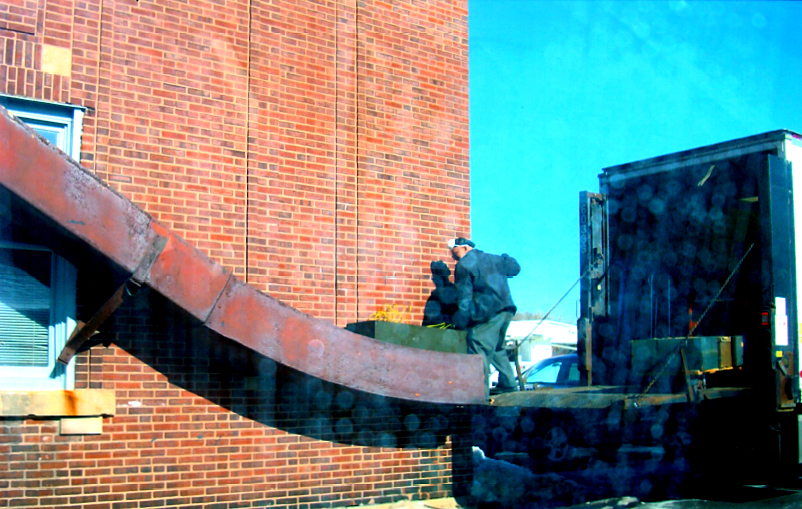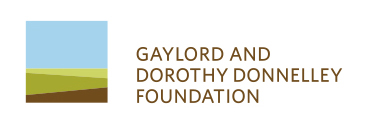
Unhiding our Hidden Treasures
A few years ago, WBEZ asked “how much of The Field Museum’s collection is actually on display?” Answer: of the museum’s 25 million items, less than one percent. That’s pretty typical of most museums. Which means that the vast majority of our art, culture and history is out of sight and out of mind.
That’s why we support efforts to increase public access to collections focused on our two regions: Chicago and the Lowcountry of South Carolina.
Over the past decade, in addition to a couple projects at The Field Museum, we’ve helped bring more than 50 collections out of basements, backrooms and warehouses. One of those was from the Forest Preserves of Cook County. For years, the district’s archives languished in various locations, in storage conditions that were less than ideal. With Foundation support, the archives—250 linear feet of maps, plans, correspondence, photographs, glass slides and other materials—were transferred to the University of Illinois-Chicago, where they were properly stored and processed. The photo above is of moving some of those archives from a warehouse to a truck, using an old toboggan slide.
As part of this effort, 2,000 items were digitized and are now accessible at the university’s library and online through its website. The images also are accessible through Explore Chicago Collections, “a free, centralized, web-based search engine and record-finding tool where researches, teachers, and students are able to locate or access over 100,000 maps, photos, and letters held by” the member institutions of the Chicago Collections Consortium.
Down in the Lowcountry, we have helped to increase public access to just as many collections: from eighteenth century maps of South Carolina, to photos of blacksmith Philip Simmons at work, to oral histories from the Gullah community. These and many other collections now are available online through the Lowcountry Digital Library. Like the Explore Chicago website, the LCDL provides digital access to thousands of items from twenty institutions across the Lowcountry of South Carolina. The College of Charleston, which is the engine for the LCDL, mines its vast digital collection and the collections of other historic institutions, public libraries and universities in the region to tell stories about the Lowcountry, placing individual objects within an expanded historical context.
Building upon a decade’s worth of funding collections projects, we are partnering with the Chicago Collections Consortium, Black Metropolis Research Consortium, the Chicago Cultural Alliance, and the College of Charleston to focus our efforts further on rescuing at-risk collections, digitizing collections, and creatively curating them.
—


Sorry, the comment form is closed at this time.